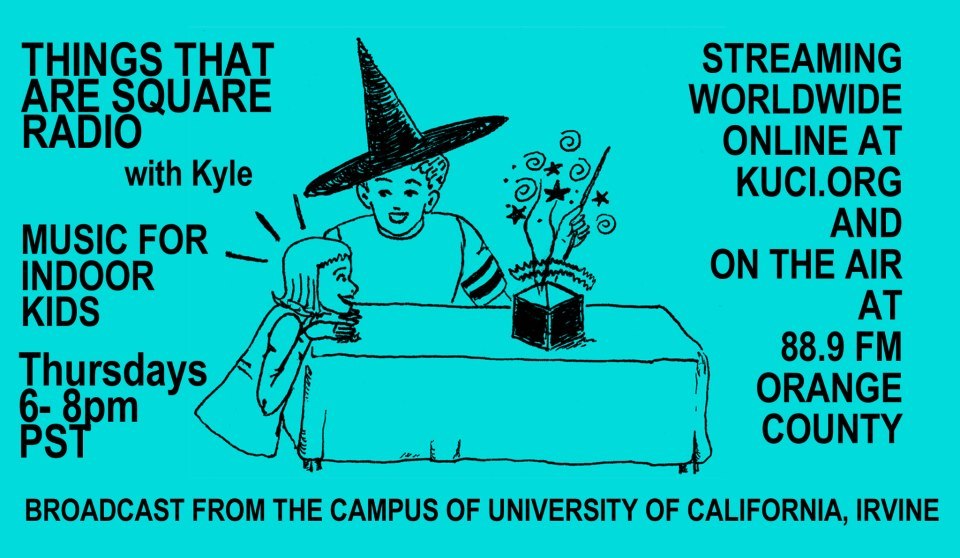Genre Research Project 67/1361: English Folk Music
Folk music of England refers to various types of traditionally based music, often contrasted with courtly, classical and later commercial music, for which evidence exists from the later medieval period. It has been preserved and transmitted orally, through print and later through recordings. The term is used to refer to English traditional music and music composed, or delivered, in a traditional style. English folk music has produced or contributed to several important musical genres, including sea shanties, jigs, hornpipes and dance music, such as that used for Morris dancing. It can be seen as having distinct regional and local variations in content and style, particularly in areas more removed from the cultural and political centres of the English state, as in Northumbria, or the West Country. Cultural interchange and processes of migration mean that English folk music, although in many ways distinctive, has particularly interacted with the music of Scotland, Ireland and Wales. It has also interacted with other musical traditions, particularly classical and rock music, influencing musical styles and producing musical fusions, such as electric folk, folk punk and folk metal. There remains a flourishing sub-culture of English folk music, which continues to influence other genres and occasionally to gain mainstream attention


0 Comments:
Post a Comment
Subscribe to Post Comments [Atom]
<< Home